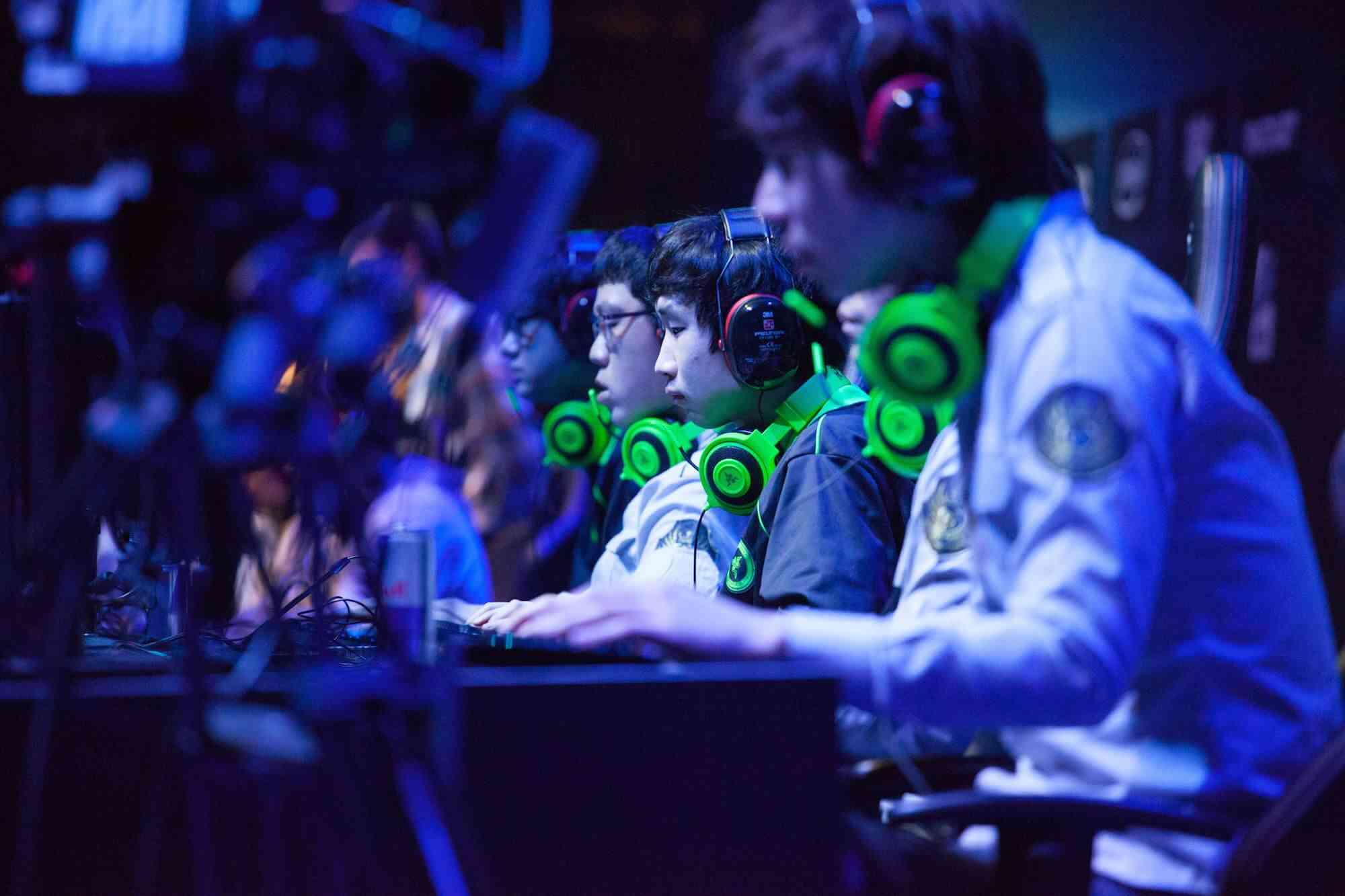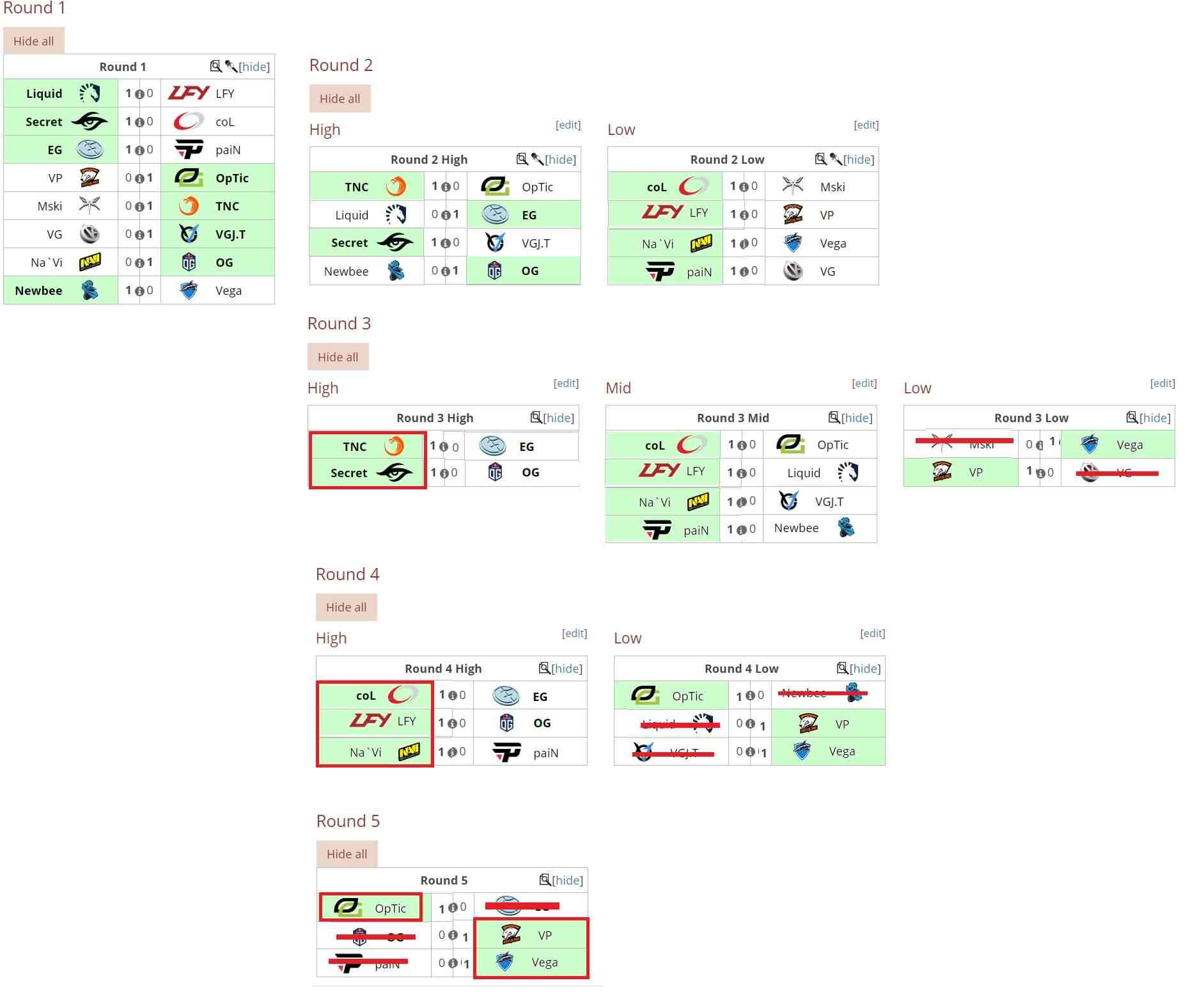Similar to esports tournaments online, live LAN-events also need a bunch of software for a smooth run. To start with, there’re programs that help to manage all gaming computers — Senet is a great example of those. Book computers for certain participants, create a virtual map of the venue, check game updates right before the competition — management platforms offer automation of many processes, so that hosts could pay more attention to other aspects of the event.
Other esports tournament software includes bracket generators. Of course, you can draw a table of contestants on a whiteboard by hand, but most LAN-center management programs offer an in-build tournament platform. All you need to do is to choose the type of tournament (knockout, round robin, swiss, etc.), number of participants, their names, and you’re good to go. Pretty often such platforms can be integrated into an ecosystem of the title you play, meaning that participants of your tournament can transfer their scores into bigger competitions.
In the world after COVID, hosts of esports competitions might encounter restrictions on the size of a live audience. It’s quite possible to guarantee a 2m distance between gaming seats for participants, but not so much for spectators. Streaming might be a great option to solve the problem, and that’s just another kind of software a host would need. OBS, or Open Broadcaster Software, is a free tool that is available for everybody who wants to place their video feed online. The thing is, mere recordings of contestants’ screens are too bulky to broadcast over the internet — only 3 minutes of gameplay might take up to 600 MB of memory. OBS compresses the image thus optimizing it for stream platforms, like Twitch. Besides, OBS has loads of other useful functions: combine several screens into one picture, add overlays on top of the screen, switch between individual cameras.











